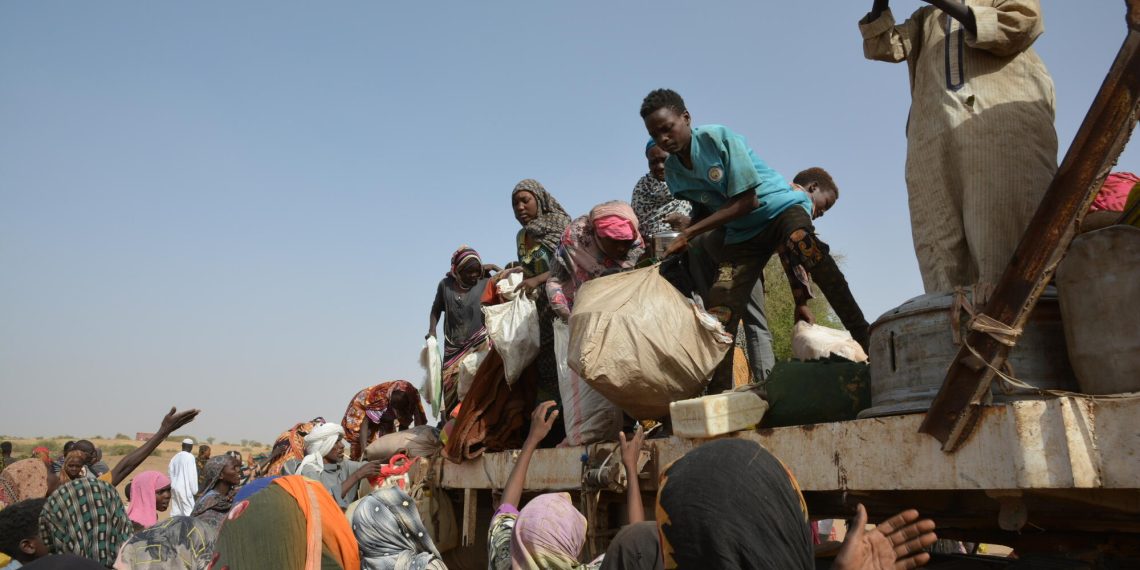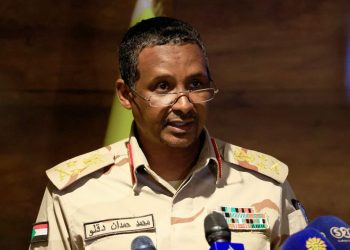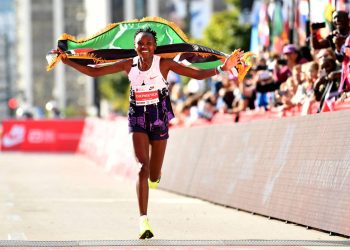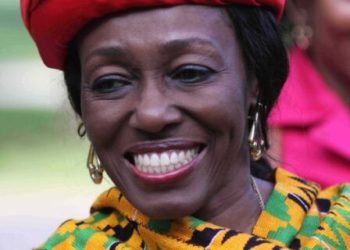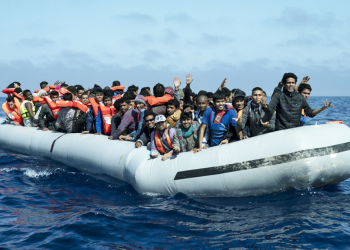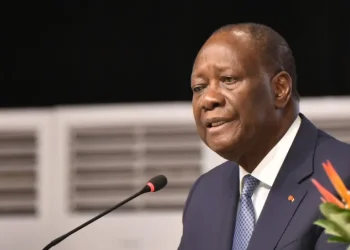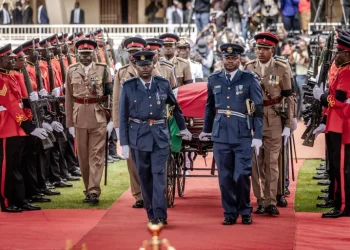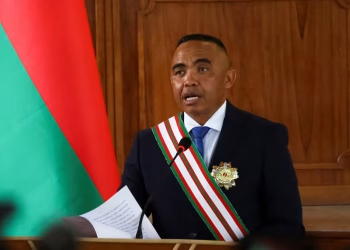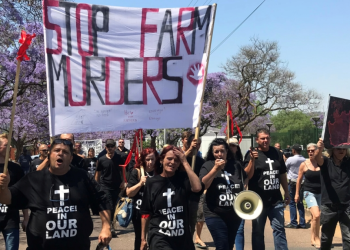In Sudan, the recent mass killings in el-Fasher, the capital of the Darfur region, have led many human rights activists and aid organizations to draw parallels with the Darfur genocide of the early 2000s. The Rapid Support Forces (RSF), which grew out of the infamous Janjaweed militias responsible for massacres during the earlier conflict, are now at the center of a growing international outcry following a brutal attack on el-Fasher.
Systematic Killings and Ethnic Cleansing Allegations
The RSF, under the leadership of Gen Mohamed Hamdan Dagalo (Hemedti), is accused of carrying out systematic ethnic killings targeting non-Arab populations in Darfur. Grim evidence from the RSF itself, including videos shared by its fighters, shows disturbing scenes of executions, celebrations over bodies, and other forms of brutal violence. Survivors of the attack have described horrific scenes of shootings, displacement, and looting with no distinction between age or gender.
Reports from Yale University’s Humanitarian Research Lab have pointed to evidence of massacre sites, including what appear to be blood stains and clusters of bodies, further supporting the claim that ethnic cleansing is underway in the city.
The Legacy of Darfur and the RSF’s Brutality
The Janjaweed militias, which played a central role in the Darfur genocide—where hundreds of thousands of non-Arab civilians were slaughtered in the early 2000s—are widely believed to be the precursors to the current RSF. Despite the RSF’s denials, the use of ethnic violence to achieve military objectives is consistent with the pattern of behavior seen during the earlier conflict.
Both RSF fighters and the Sudanese army have been accused of war crimes, including revenge killings and ethnically-motivated violence. In particular, the Zaghawa tribe, which has been a stronghold for the Sudanese army, has become a key target for the RSF due to their support for Sudan’s military forces.
A Divided Sudan: The Military and RSF’s Rivalry
The fall of el-Fasher further emphasizes the growing geographical split in Sudan between the RSF and the Sudanese army, as both forces battle for dominance in a protracted civil war. With RSF forces in control of much of the west, including Darfur and parts of Kordofan, and the army holding Khartoum and the east, the country is deeply divided.
This escalating conflict is a result of a political falling out between the two factions, which were once united in a 2021 coup but have since become bitter rivals.
Gen Hemedti’s Response and International Reactions
In response to the international outrage, Gen Hemedti expressed regret for the violations committed by his forces. He promised that an investigation would be launched and those responsible would face justice. However, skepticism remains, as previous promises of accountability have not materialized, and concerns about the RSF’s loose command structure persist.
Meanwhile, the UN, African Union, and other international bodies have ramped up pressure on the Sudanese leadership to take action. The United Arab Emirates (UAE), accused of providing military support to the RSF, is also facing calls for accountability amid growing evidence of its involvement.
The Road Ahead for Sudan
As the RSF continues its campaign in Darfur and other parts of Sudan, the international community is being urged to take more decisive action to protect civilians. The el-Fasher killings are a stark reminder of Sudan’s dark history and the ongoing humanitarian crisis in the region. Experts are warning that, without intervention, the situation could escalate even further, with genocide becoming an increasingly likely scenario.
The Call for Immediate Action
The el-Fasher massacre and its aftermath underscore the need for urgent international intervention. As Hemedti’s RSF forces continue to wreak havoc in Sudan, the global community must act swiftly to prevent further bloodshed and hold those responsible for the atrocities accountable.
